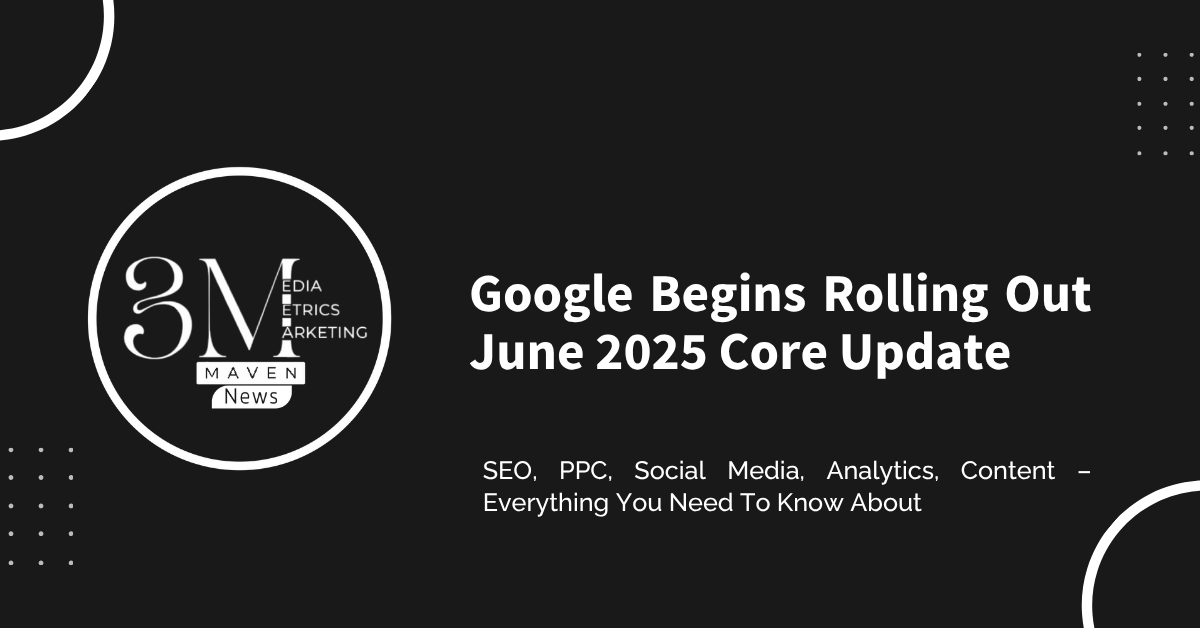In a recent event at Search Central Live NYC, Google shared valuable insights into optimizing websites for better search rankings. These tips are designed to help webmasters, marketers, and content creators align their strategies with Google’s ever-evolving algorithms. Here’s a breakdown of the key takeaways:
1. Prioritize User Experience (UX)
Google continues to emphasize the importance of delivering an exceptional user experience. Websites that load quickly, are mobile-friendly, and provide intuitive navigation tend to rank higher. Key elements to focus on include:
- Core Web Vitals: Metrics like Largest Contentful Paint (LCP), First Input Delay (FID), and Cumulative Layout Shift (CLS) play a significant role in determining page performance.
- Mobile Optimization: With mobile-first indexing, ensuring your site is responsive and functional on smaller screens is non-negotiable.
- Accessibility: Make your content accessible to all users, including those using assistive technologies.
2. Create High-Quality, Relevant Content
Content remains king in the world of SEO. However, Google stressed that quality trumps quantity. Here’s how you can elevate your content strategy:
- Answer User Intent: Understand what users are searching for and craft content that directly addresses their needs.
- Avoid Keyword Stuffing: While keywords are important, overusing them can harm readability and credibility.
- Stay Updated: Regularly refresh your content to ensure accuracy and relevance, especially for topics that evolve over time.
3. Build Trust Through E-E-A-T
Google places a strong emphasis on Expertise, Experience, Authoritativeness, and Trustworthiness (E-E-A-T). These principles guide how search engines evaluate the credibility of your website:
- Showcase Expertise: Highlight authors’ credentials and expertise to establish authority in your niche.
- Provide Accurate Information: Fact-check your content and cite reliable sources to build trust with both users and search engines.
- Secure Your Site: Use HTTPS encryption to protect user data and signal to Google that your site is safe.
4. Optimize for Local Search
For businesses targeting local audiences, local SEO is crucial. Google provided actionable advice to enhance visibility in local searches:
- Claim Your Google Business Profile: Ensure your business information is accurate and up-to-date.
- Encourage Reviews: Positive reviews can boost your reputation and improve rankings.
- Use Location-Specific Keywords: Incorporate geographic terms naturally into your content to attract nearby customers.
5. Leverage Structured Data
Structured data helps search engines understand your content better, which can lead to rich snippets and improved click-through rates (CTR). Google recommends:
- Implement Schema Markup: Use structured data to highlight key information such as product details, recipes, or FAQs.
- Test Your Markup: Use tools like Google’s Rich Results Test to ensure your structured data is correctly implemented.
6. Focus on Long-Term Strategies
SEO is not a one-time effort but an ongoing process. Google advises against quick fixes or manipulative tactics that violate its guidelines. Instead:
- Be Patient: Building authority takes time, and sustainable growth requires consistent effort.
- Monitor Performance: Use tools like Google Search Console and Analytics to track your progress and identify areas for improvement.
- Adapt to Changes: Stay informed about algorithm updates and adjust your strategies accordingly.
Final Thoughts
Google’s SEO tips underscore the importance of creating valuable, user-centric experiences while adhering to best practices. By focusing on quality content, technical optimization, and trust-building measures, you can position your website for long-term success in search rankings.
Whether you’re a seasoned SEO professional or just starting out, these insights from Search Central Live NYC offer a roadmap to achieving better visibility and engagement online. Remember, the ultimate goal is to serve your audience effectively—when you do that, the rankings will follow.









